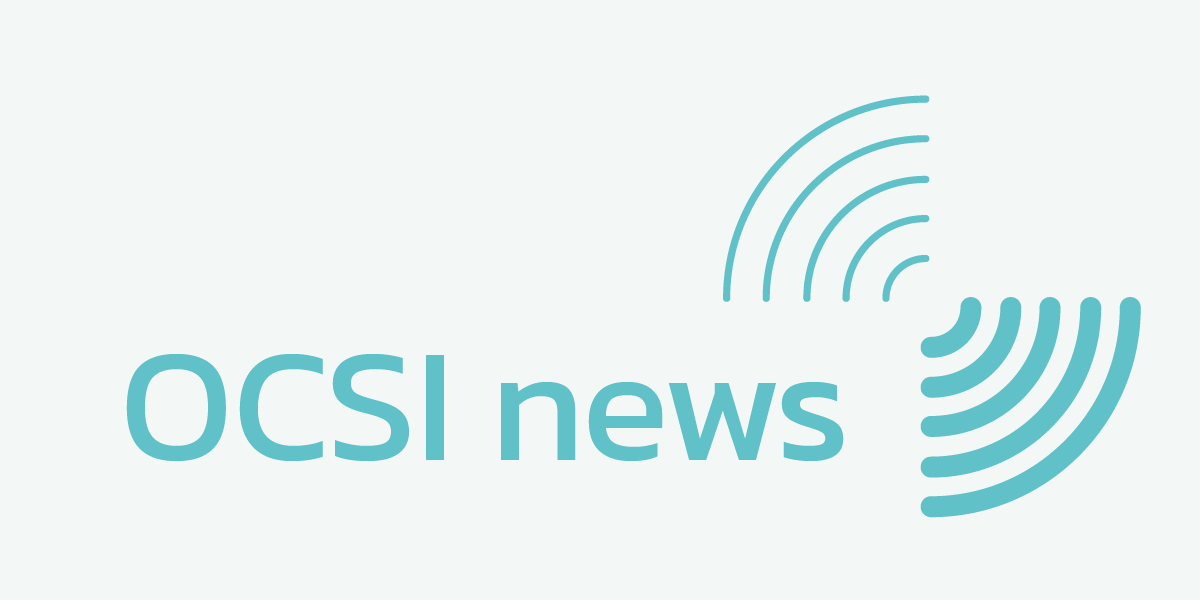
This week we were lucky enough to head to Cardiff for the UK Community Foundations conference. Inspirational speakers. Thought-provoking workshops. And the whole place abuzz with committed and engaged individuals, working to make their communities a better place.
As an organisation with “the power of data to improve local services” at its core, there were a few streams of conversations that really resonated with us. Here are three of our takeaways from the day (it was hard to whittle it down!).
Somebody mentioned the term 360° Knowledge Hub in one of the breakout sessions. And I immediately wrote it down with more exclamation marks than I care to admit (if it was you, get in touch and we will give you the full credit!). It is a great way of summing up the full picture of a local community based on the facts and figures of a place, coupled with the deep local knowledge of what life is like for local residents.
As somewhat of an outsider to Community Foundations, my impression throughout the day was that Community Foundations are already well-positioned to be the go-to-source for local information.
And that taking advantage of all the open data that is out there about local areas; including the usual suspects of Indices of Deprivation & Census. And moving beyond this, to delve deeper into specific themes, can help challenge long-lasting assumptions and unveil blind spots.
Backing up the story of a local area with facts and figures may not always feel completely natural – but it is a language that local government, CCGs and other donors understand!
I attended the workshop on “Does your giving match your need?” and did so much enthusiastic head nodding I may or may not have resembled Churchill the dog from the insurance adverts.
Much of our work stems from supporting organisations to target resources to those most in need, by providing them with instant access to local data, in an easy to understand way. And so it was great to hear from Emma Bolger from Calderdale talk through their journey with data to better understand local need – and change the way they work based on this.
It took me back to a phrase we heard in the first session of the day from Clodite Perez-Bode Dedecker; “the hardest part of setting a strategy is deciding what not to do.” I think we can all relate to this. And it struck me that using data coupled with that local knowledge is a really powerful tool in being able to shout from the rooftops with confidence “this is what we do and this is why we do it.”
With this in your toolbox, does it become easier to say no to the projects that don’t align? Does it become easier to set goals? I don’t know. But maybe it is a starting point.
This word came up again and again over the day. The Holy Grail. And it was fascinating to listen in to some of the debates and approaches organisations are taking. Although a magic bullet for measuring impact doesn’t seem to exist, data that is already available can start laying the foundations.
On the one hand there is the data we have talked about here, the data that can tell us (or start to tell us) “what is the local need?”
And then there is the data that community foundations hold, that can help answer the question “what are we doing?” Data about what they fund. How much they fund. Where they fund. And to who. Take a look at our blog on Big Lottery funding for a few insights into how it can be used.
(As a side note, the amazing team at 360Giving are doing stellar work to make it as easy as possible for grantmakers to publish their data in a standard way. More than 45 grantmakers have already published their data – 6 of which are Community Foundations. Get in touch with them to find out how you can publish your data too.)
When these two vital sets of information are looked at alongside each other, it can help to step-back and see the bigger picture, before focusing into themes and areas that are of most importance. A possible place to start when looking at local level change and trends over time?
We have been supporting public & third sector organisations to use data more effectively for the last 14 years.
We believe that data doesn’t need to be solely for analysts and statisticians. Which is why we have designed our mapping and reporting tool, Local Insight to be easy to use and accessible by all.
Get in touch for a demo and we can show you how to:
If you would like to chat data in more detail, get in touch.
OCSI created the first version of the Community Needs Index in partnership…
More
About OCSI Based in Brighton, we are a social research consultancy with…
More